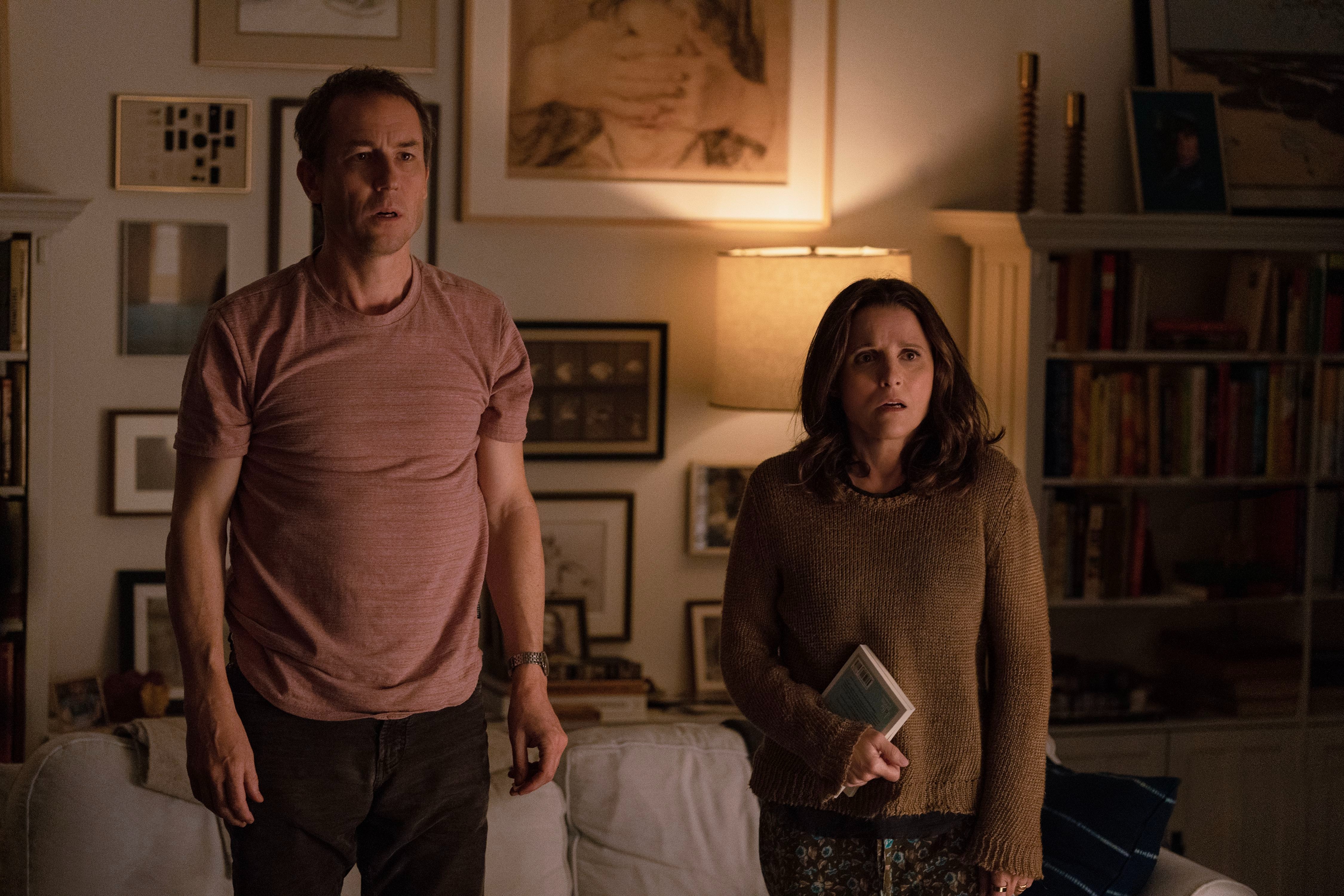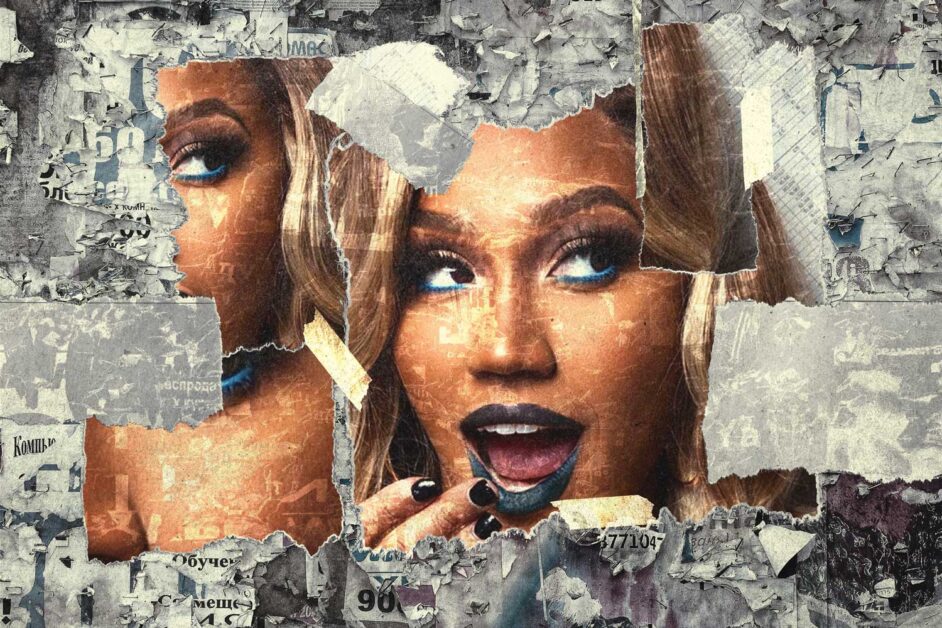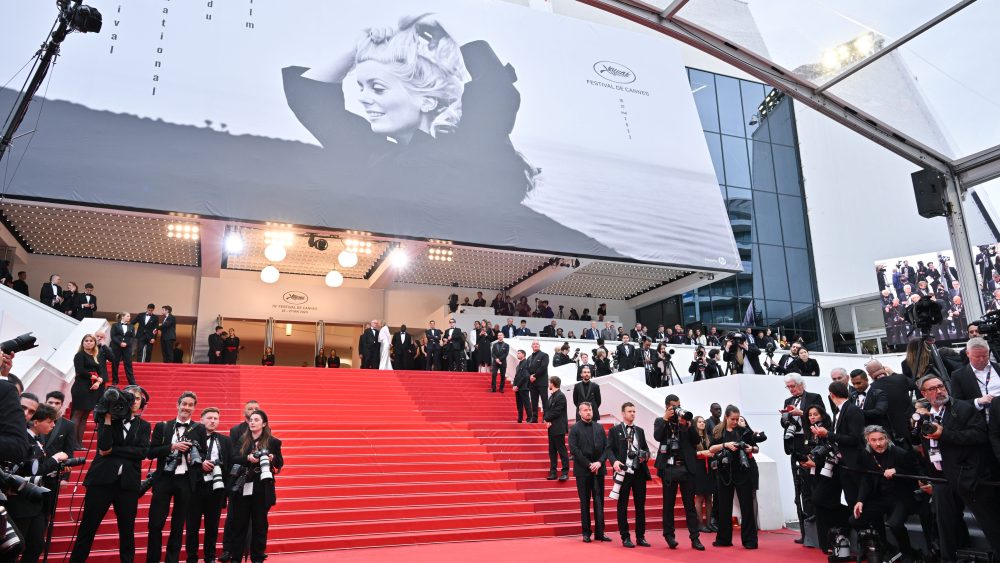“You Hurt My Feelings” Is an Excellent Examination of Ego
Written by on May 27, 2023
Nicole Holofcener’s latest asks us to ponder what’s more important: honesty, or support?

Tobias Menzies and Julia Louis-Dreyfus in “You Hurt My Feelings”
When you talk about You Hurt My Feelings, will you talk about yourself?
It would seem that writer-director Nicole Holofcener wants us to, starting with the accusatory first-and-second-person framing of the title. The film’s inciting incident poses an unsettling thought experiment that all but demands projection onto any given couple’s circumstances: accomplished yet frustrated with the limits of her success, writer Beth (Julia Louis-Dreyfus, her last Holofcener team-up 2013’s marvelous Enough Said) enjoys a seemingly perfect relationship with her therapist husband Don (Tobias Menzies), until she overhears him telling a friend that he doesn’t think all that highly of her new novel. This earful instantly and fully destabilizes her fragile ego, and she begins to torture herself with anxieties she’ll spread like a virus. She confides in her sister (Michaela Watkins), who then looks at her own husband (Arian Moayed, his distinguished onstage CV a metatextual in-joke) and his flagging acting career through changed eyes; at a bar, Beth asks a pair of strangers whether they’ve ever fibbed to one another about professional esteem, and they’re at each other’s necks in seconds. Presumably, Holofcener anticipates a similar reaction from her audience. Viewers with any measure of self-doubt should brace for a tense ride home from the theater.
For all the material pleasures in this slice of New York escapism — interesting jobs that allow for long weekday lunches with friends, enviable Manhattan interior design, a soothing spa-waiting-room score, the gentle comedy of well-off neuroses — it puts forth a discomfiting quandary that acutely prods the creative class’ innermost insecurities. Does the hypothetical ideal of the Good Spouse prioritize honesty or support? It’s a simple question with an impossible answer, a niggling reminder that our unruly emotions don’t adhere to the logic of a solvable equation. In the process of working through this rough patch, both halves of the couple develop a deeper appreciation for the little white lies that keep a dynamic between two people in working order. Rather than falseness, however, the end result of their readjustment to one another brings them closer to sincerity. Behind every well-intended sugarcoat lies the truer statement of “I love you.”
In Holofcener’s 2001 dramedy Lovely and Amazing, Emily Mortimer plays an actress self-conscious about her body after getting rejected for a role on the basis of her looks. In search of reassurance, she goes not to her boyfriend — he adores her, of course he won’t be impartial — but to a caddish costar, asking him to frankly assess her naked body after they’ve had sex. You Hurt My Feelings expands this scene to feature length, substituting intellectual unsureness for physical. The question of whose opinion we can take seriously hangs over the negotiations of self and threatens to flatten Beth, far more inclined to trust the Bookforum-type publication that favors her nemesis with slobbery front-cover pull-quotes mocking her from shopfront windows. She receives constant discouragement from people with no reason to soft-pedal things for her, like the group of writing students blankly informing her that no, they have not read her work. Their ideas for their own projects fill her with dread about the future of the field, less because they’re dumb (except for one guy singling out the thing he finds most interesting about the prison setting as “jail”) and more for their rooting in identity-oriented traumas that the comparatively average Beth couldn’t peddle with her tepidly-received memoir.
“Maybe if Dad hadn’t just been verbally abusive, it would’ve been a best-seller,” she tells her cantankerous mother Georgia (the incomparable Jeannie Berlin) during a kvetchy visit to pick up old clothes for the charity at which she volunteers, mostly out of liberal obligation rather than the kindness of her heart. Beth sought to break the generational cycle of unyielding criticisms her mom heaped on her in raising her son Elliott (Owen Teague), now an employee at a weed shop she visits for check-ins with donuts, though she feels too awkward to patronize. As he grew up, she gave him the unflagging cheerleading that she wanted for herself, but he remembers her nurturing as something closer to undue pressure. In a heated exchange, he recounts floundering in an upper-level swim class she insisted he could handle; affirming another person’s abilities, he argues, can set them up for embarrassment and delusion. She counters that the other option wouldn’t be much better. They come off neither as right or wrong, just venting pent-up frustration they don’t know where else to put.
As Don points out to his wife, the apple of grievance hasn’t fallen far from her tree, a sudden burst of perspective that helps her see her less-than-reasonable reactions more clearly. It’s a savvy bit of head-shrinking that does little to seal up the recent fault lines in his own self-esteem, between the patient (Zach Cherry, comic money in the bank) muttering insults he thinks Don can’t hear and the couple (real-life spouses David Cross and Amber Tamblyn) essentially suing him for not magicking away their mutual animosity. When he receives their multi-thousand-dollar bill demanding their years of money back, however, he knows enough to laugh it off as unserious antagonism. It helps that he’d just gotten a boost in his sense of worth from an older longtime patient ending their treatment as completed, his moving forward a testament to Don’s skill and empathy. All it takes is one positive day, one little win, to make a person in a crisis of confidence feel like they’re good at their job again.
In time, Beth makes it there too, and if her situation doesn’t resolve itself, we don’t see what fixes it. She simply continues forging onward, the only thing any of us can do. Her interior designer sister eventually finds the right lighting fixture for an implacable client after a dispiriting series of vetos; Beth finishes her book and gets some solid critical praise, though her envy toward slightly more acclaimed colleagues hasn’t dissipated in toto. It may not the most uplifting resolution — that’s life for you — but the film’s only suggestion of a workable course through adulthood demands that we try our best not to dwell on the things that upset us, as we fill each day with healthy, productive distractions from the voices in our heads hissing mean shit. That’s where our loved ones come in, all too willing to tell us the things we need to hear so long as we can muster the grace to accept them.
A grown-up movie for grown-ups, Holofcener’s latest benefits from the increasing rarity of the mature mid-budget character pieces in which she’s expertly fluent. (She cashed a check in 2021 for her contributions to the screenplay for the original historical epic The Last Duel, the other kind of picture they barely make anymore; she thanks co-scribe Ben Affleck in the credits of her new film.) Even if we got three of these a year, she’d still be in a league of her own for the facility with which she shifts between the brutal and the gentle, well aware that any marriage straddles the line between the two on a regular basis. She gravitates to disarmingly, aggravatingly, unsettlingly real people. To ascribe a universal relatability to any one person’s experience would be erroneous, especially in such a distinctly white milieu as this. That said, we all share some pieces of Beth’s struggle to take it easy on herself, chief among them the unvanquishable fear that we’re not as talented at the thing we’ve committed ourselves to as we’d like to think. One can only hope that the voices of reason reminding us that we haven’t gotten this far on chance can be as widespread, too.
This article was featured in the InsideHook newsletter. Sign up now.
watch avatar the way of water full movie
watch avatar the way of water full movie
watch avatar the way of water full movie





